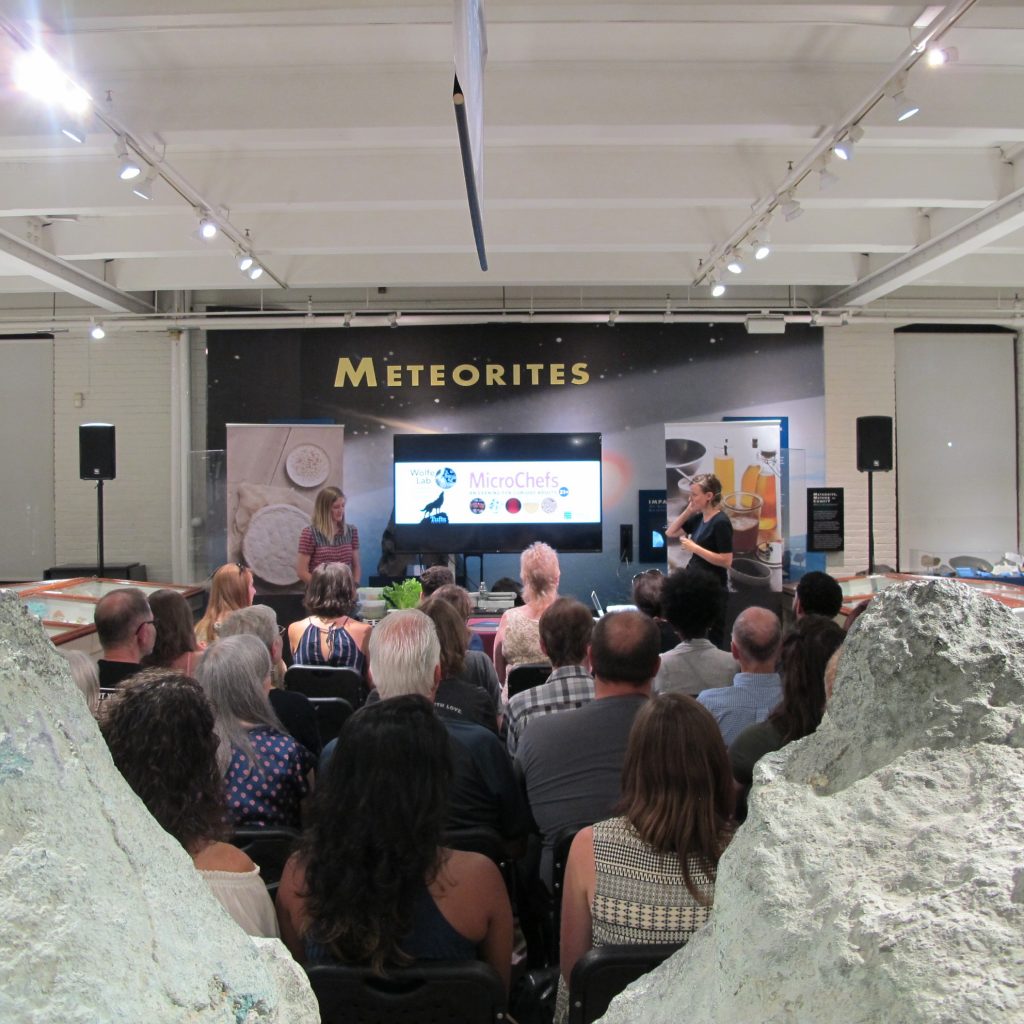Courses at Tufts
Microbiology Lecture (Bio 106) – Spring Semesters. Mondays and Wednesdays, 1:30-2:45pm. A survey of the structures and functions of microbes, including bacteria, archaea, viruses, and eukaryotic microbes (fungi, protists). Topics include microbial genetics, physiology, cell biology, diversity, evolution, ecology, and the human microbiome. BIO 107 (Microbiology Lab) is not required but may be taken concurrently. Requires completion of BIO 0013, BIO 0014, and BIO 41 or graduate standing.
Microbiology Lab (Bio 107) – Spring Semesters. Tuesdays, 1:20-4:20pm. Examination of microbial diversity and function using laboratory techniques to isolate, identify, and manipulate microbes. Introduction to microscopy, sterile technique, microbial cell culture, microbial physiology, sequence-based microbial identification, and antibiotic susceptibility testing. One laboratory session per week. Must be taken concurrently with BIO 106 (Microbiology Lecture). Prerequisite: BIO 0013, BIO 0014, and BIO 0041, or graduate standing.
Microbiology of Food (Bio 8) – Fall Semesters. Tuesdays, 6:30-9:00pm. Systems-based approach to how microbes play critical roles in the production, processing, and consumption of foods. Tools that microbiologists are using to study the microbiology of food systems; basic principles of microbial diversity, ecology, evolution, physiology, and genetics using a farm-to-gut approach. Equal attention to beneficial microbes as well as the historical and contemporary impacts of pathogens. Guest lectures from farmers, chefs, and local food producers and in-class demonstrations and tastings.
Microbiome Research Lab (Bio 55) – Fall Semesters. Time TBD. Concepts and techniques in microbiome science through independent research projects. Designing and conducting experiments to characterize microbiome diversity, identify processes that control microbiome composition, and quantify functional roles of microbiomes. Principles of experimental design, microbial genomics and metagenomics, microbiome data management and analysis, in vitro microbiome reconstruction, experimental evolution, microbial trait analysis, and microbial genetic screens.
Public Events
Previous outreach events include classes on cheese and salami microbiology at the San Francisco Cheese School and Formaggio Kitchen as well as workshops on mold identification and management for artisan cheese guilds across the country. If you are interested in having Dr. Wolfe speak to your group about microbial diversity and the science of fermented foods, please get in touch.
Below are some photos from past teaching and outreach activities:






